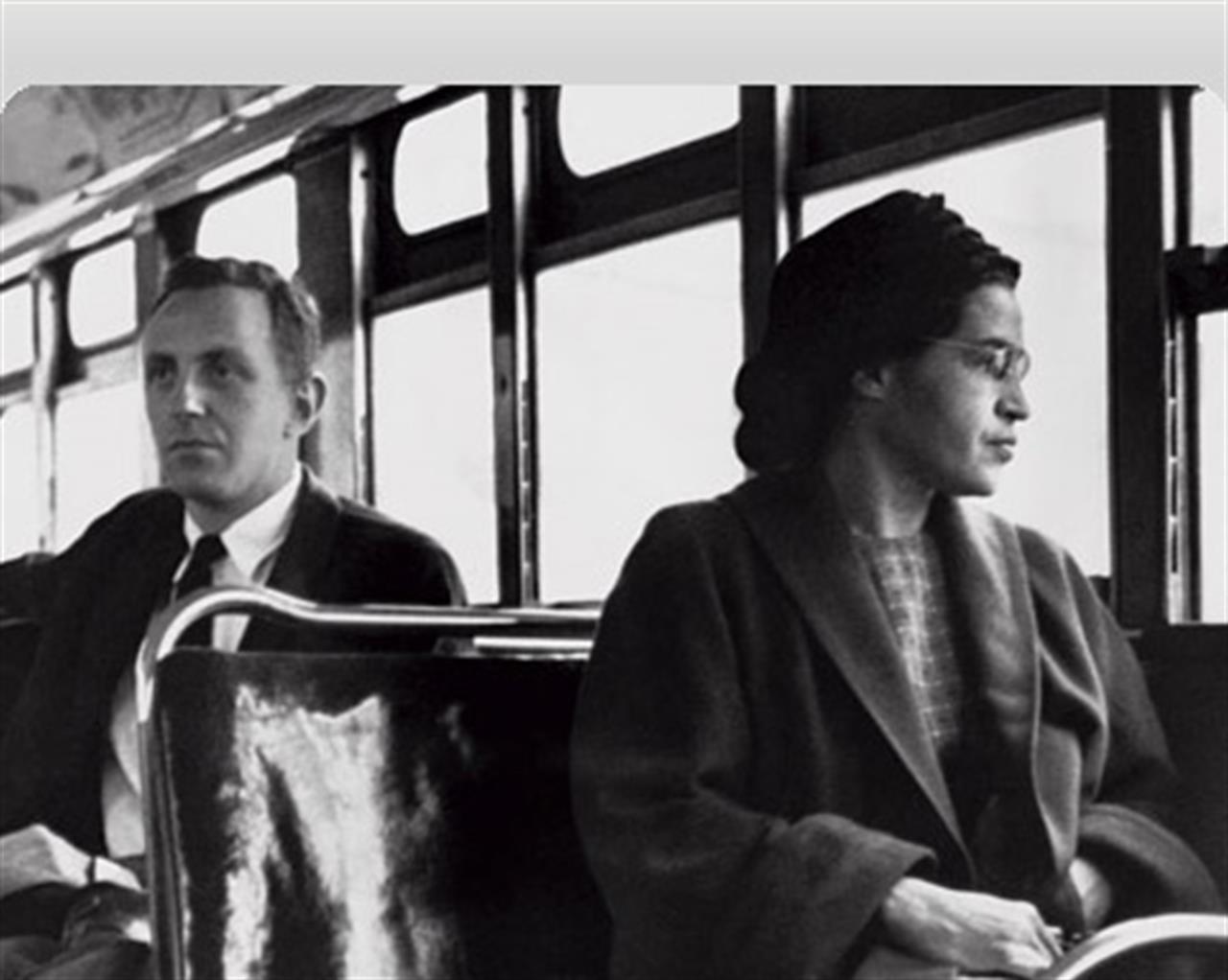Non profit
Spain says yes to human rights plan
An integrated plan to tackle human rights has been approved by Spanish leaders that aims to guarantee the highest human rights standards across all fields of governance.

Spain has officially approved a Human Rights Plan that aims to integrate all measures being taken to defend human rights in Spain and to promote human rights transversally, through all areas of government. Spanish vice president Marìa Teresa Fernàndez de la Vega confirmed the plan, that had already been announced in May following the last general elections, during her visit to the 17th International AIDS conference taking place August 3-8 in Mexico City. Spain’s second in command also told United Nations general secretary Ban-Ki Moon that Spain has agreed to co-finance the celebrations that will be held in December to commemorate the 60th anniversary of the Universal Human Rights Charter.
Government sources confirmed that Spain aims to launch its national human rights plan at the same time as the anniversary celebrations, on December 15 2008. The plan will consist of a single document bringing together all the existing measures to promote human rights and that will extend the powers of public bodies in the field of human rights.
“The first tool that the government’s human rights plan envisages is a system to fight racist crimes”, assured Cándido Conde Pumpido, Spanish Attorney General, to Movimiento contra la Intolerancia, a Spanish NGO that denounces thousands of unpunished racist aggressions every year. According to the anti-racism organisation, these crimes go unpunished because police guidelines do not include racism as a motive for violent acts.
Early on in 2008 Spanish minister for foreign affairs affaires handed their draft human rights plan over to several NGOs working in the human rifhts field with the aim of integrating their expert guidelines and feedback into the national plan. Luis Acebal of the Apdhe, the Spanish Pro Human Rights Association, however, highlighted that: “The first thing to catch our attention was the fact that the draft plan came from the ministry for foreign affairs, as if breaches in human rights didn’t exist in Spain”.
Further doubts were raised by NGOs regarding Fernàndez de la Vega’s claim in Mexico that “seven ministries” were working together on the national plan as when questioned, neither the ministry for the interior nor the ministry for justice knew who else they were meant to be working with to prepare the human rights plan.
Despite such doubts, the prospect of a structured action plan to defend human rights in Spain has been welcomed by civil society. In June 2008 Amnesty International handed Spanish prime minister José Luis Rodríguez Zapatero a document outlining the organisation’s recommendations. One of AI’s main focuses being that the statistics of racist attacks and human rights abuses be made public on a regular basis. AI Spain’s director, Esteban Beltràn, explained that one of the greatest problems encountered by NGOs combating human rights was the lack of statistics. Civil society’s voice is unanimous: a specialised agency for the specific task of dealing with racism, modelled on similar agencies that deal with drug trafficking or road safety, will help to shed light on xenophobic incidents. When to expect the first results? According to Esteban Ibarra, spokesperson for the Movimiento Contra la Intolerancia that all should be set for October.
Si può usare la Carta docente per abbonarsi a VITA?
Certo che sì! Basta emettere un buono sulla piattaforma del ministero del valore dell’abbonamento che si intende acquistare (1 anno carta + digital a 80€ o 1 anno digital a 60€) e inviarci il codice del buono a abbonamenti@vita.it
